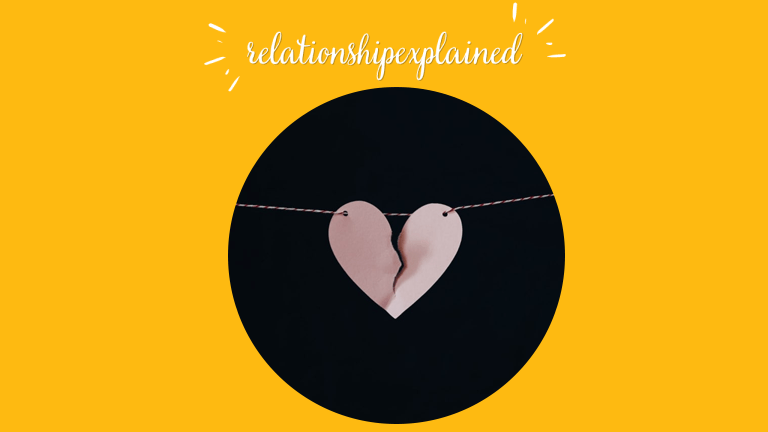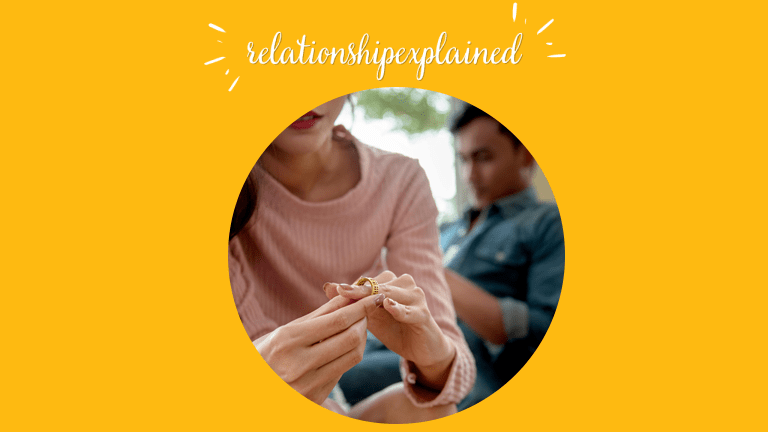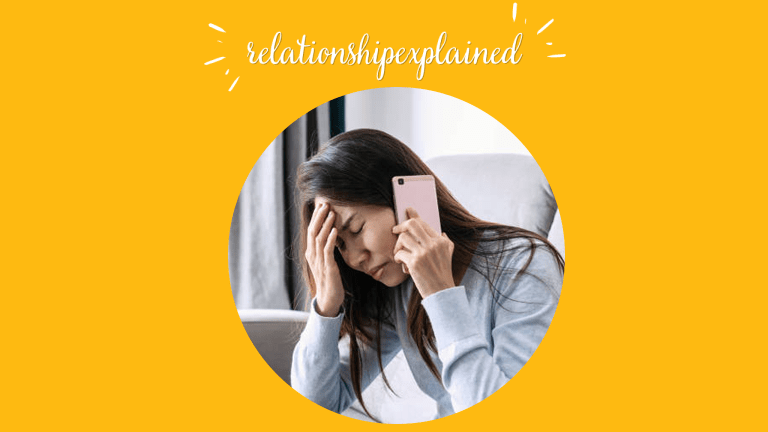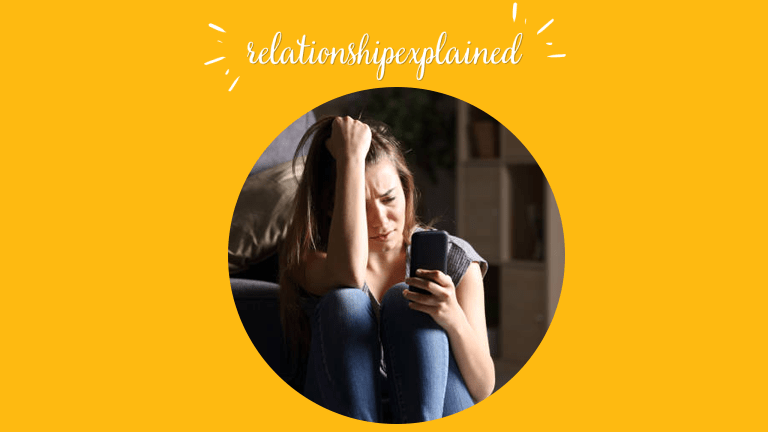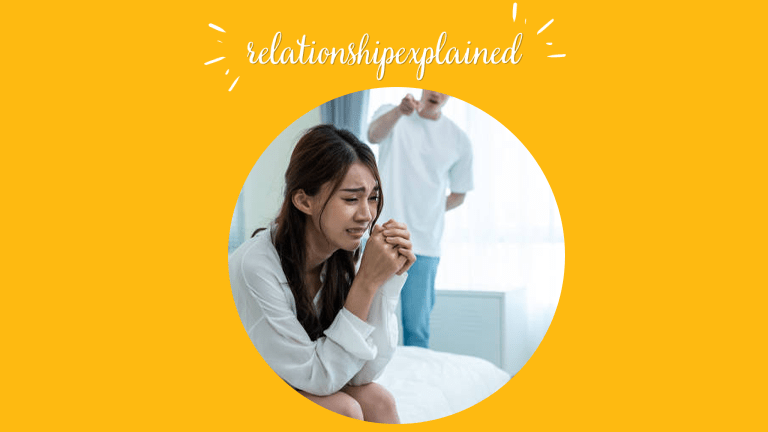Separation Anxiety in Relationships
Do you ever find yourself feeling overwhelmingly anxious when separated from your significant other? Separation anxiety in relationships is a phenomenon that isn't just limited to children but can profoundly affect adults as well, impacting emotional health and the dynamics of the relationship. This form of anxiety can stir up feelings of insecurity and fear, […]
Do you ever find yourself feeling overwhelmingly anxious when separated from your significant other?
Separation anxiety in relationships is a phenomenon that isn't just limited to children but can profoundly affect adults as well, impacting emotional health and the dynamics of the relationship. This form of anxiety can stir up feelings of insecurity and fear, making it crucial to understand its roots, manifestations, and strategies for management.
In the journey to unravel the complexities of separation anxiety in romantic partnerships, we'll delve into what exactly triggers such intense emotions, how it manifests in your interactions and personal well-being, and most importantly, the ways in which you can seek relief and regain a sense of balance.
- What are the underlying causes that contribute to this form of anxiety?
- How does it impact the quality and stability of a relationship?
- What are the steps you can take to alleviate these stressors and foster a healthier, more secure bond with your partner?
Let's dive in.
Key Takeaways
- Separation anxiety in relationships is a common issue that can affect anyone.
- Understanding the causes and risk factors of separation anxiety is crucial to maintaining a healthy relationship.
- Coping strategies and treatment options are available to help manage separation anxiety in relationships.
Understanding Separation Anxiety
Separation anxiety is a mental health condition that can affect people of all ages, including adults. It is characterized by excessive worry and fear when you are separated from someone you are attached to, such as a partner or family member. This anxiety can lead to significant distress and impairment in your daily life.
Symptoms of separation anxiety can vary from person to person but can include physical symptoms such as headaches, nausea, and trembling, as well as emotional symptoms such as excessive worry and fear. It is important to recognize the signs of separation anxiety so that you can seek help if needed.
Separation anxiety is recognized as a mental health condition in the Diagnostic and Statistical Manual of Mental Disorders (DSM-5). It is often diagnosed when symptoms persist for at least four weeks and cause significant distress or impairment in daily life.
If you are experiencing separation anxiety, it is important to seek help from a mental health professional. Treatment options may include therapy, medication, or a combination of both. With the right treatment, you can learn to manage your anxiety and improve your overall mental health.
Causes and Risk Factors
Separation anxiety in relationships can be caused by a variety of factors. One of the most common causes is attachment style. Children who have experienced insecure attachment with their parents are more likely to develop separation anxiety in adulthood. This is because they have not learned to trust that their needs will be met, and they fear harm or abandonment when separated from their partner.
Traumatic events such as the death of a loved one or a harmful experience can also trigger separation anxiety in adulthood. Adults who have experienced abuse or neglect in childhood may also be more prone to developing separation anxiety.
Environmental factors such as a lack of social support or stress can also contribute to the development of separation anxiety. In addition, genetics may play a role in the development of anxiety disorders.
Some risk factors for separation anxiety in relationships include having an anxious or avoidant attachment style, experiencing a traumatic event, and having a history of anxiety disorders. In addition, having a partner with an anxious attachment style may increase the risk of developing separation anxiety.
It is important to note that separation anxiety in relationships can be a normal and healthy response to separation from a loved one. However, if it interferes with daily life or causes significant distress, it may be necessary to seek professional help.
Effects on Relationships and Well-being
Separation anxiety can have a significant impact on both your relationships and overall well-being. When you experience separation anxiety, you may feel stressed, anxious, and overwhelmed. These feelings can make it difficult to trust your partner and maintain a healthy, fulfilling romantic relationship.
If you struggle with adult separation anxiety, you may find it challenging to establish a sense of autonomy in your relationships. You might rely heavily on your partner for emotional support and have difficulty making decisions without their input. This can lead to codependency and other relationship issues.
Additionally, relationship separation anxiety can cause you to doubt your attachment figure's love and commitment. You may worry that they will leave you or that they don't truly care about you. These fears can make it difficult to feel secure and happy in your romantic relationships.
On the other hand, when you feel secure in your relationship, you are more likely to experience positive effects on your well-being. You may feel happier, less stressed, and more fulfilled. Trust and autonomy are essential factors in maintaining a healthy relationship, and they can help you feel more confident and secure in your relationships.
It is important to note that separation anxiety can be a symptom of dependent personality disorder, which can further complicate your relationships and well-being. If you suspect that you may have dependent personality disorder or another mental health condition, it is essential to seek professional help.
Overall, separation anxiety can have a significant impact on your relationships and well-being. By understanding the factors that contribute to separation anxiety and working to establish trust and autonomy in your relationships, you can improve your overall quality of life.
Diagnosis and Treatment
If you are experiencing separation anxiety in your relationship, it is important to seek professional help. A mental health professional can diagnose separation anxiety disorder by evaluating your symptoms and medical history. The Diagnostic and Statistical Manual of Mental Disorders (DSM-5) provides criteria for the diagnosis of separation anxiety disorder.
Cognitive-behavioral therapy (CBT) and behavioral therapy are two common treatments for separation anxiety disorder. CBT aims to change negative thought patterns and behaviors that contribute to anxiety. Behavioral therapy focuses on changing specific behaviors that are causing anxiety, such as avoidance behaviors.
For individuals with adult separation anxiety disorder, treatment may also involve addressing underlying psychological issues, such as depression or panic disorder. Medications, such as selective serotonin reuptake inhibitors (SSRIs), may also be prescribed in conjunction with therapy.
Systematic desensitization is another treatment option for separation anxiety disorder. This involves gradually exposing the individual to the feared situation or object in a safe and controlled environment, allowing them to become desensitized to the anxiety-provoking stimulus.
It is important to note that seeking professional help is crucial for effective treatment of separation anxiety disorder in relationships. A mental health professional can provide personalized treatment recommendations and support throughout the recovery process.
Coping Strategies
Separation anxiety in relationships can be a distressing experience, but there are coping strategies that can help you manage the symptoms. Here are some ways to cope with separation anxiety:
Journaling
Journaling can be a helpful way to process your emotions and identify triggers that cause distress. Writing down your thoughts and feelings can help you gain clarity and perspective on your situation.
Communication
Effective communication with your loved one can help alleviate some of the worry and fear of abandonment that often accompanies separation anxiety. Letting them know how you feel and what you need can help them better understand your needs and provide support.
Self-care
Taking care of yourself is essential when dealing with separation anxiety. Make sure you are getting enough rest and exercise, eating a healthy diet, and engaging in activities that bring you joy.
Coping with Restlessness and Irritability
If you are experiencing restlessness or irritability, try engaging in calming activities such as meditation, yoga, or deep breathing exercises. These techniques can help you relax and manage your symptoms.
Professional Help
If your separation anxiety is severe or interfering with your daily life, consider seeking professional help. A mental health professional can provide you with tools and strategies to manage your symptoms and improve your overall well-being.
Support Groups
Joining a support group can also be a helpful way to cope with separation anxiety. Talking with others who are going through similar experiences can provide comfort and validation.
Frequently Asked Questions
How can I cope with separation anxiety in my relationship?
If you are experiencing separation anxiety in your relationship, there are several things you can do to cope. One strategy is to practice relaxation techniques such as deep breathing, meditation, or yoga. You can also try to distract yourself by engaging in activities you enjoy or spending time with friends and family. It may also be helpful to talk to a therapist or counselor who can provide support and guidance.
What are some symptoms of separation anxiety in a romantic relationship?
Symptoms of separation anxiety in a romantic relationship can include excessive worrying about your partner, feeling anxious or upset when you are apart from them, and constantly checking in with them. You may also experience physical symptoms such as headaches, stomachaches, or difficulty sleeping.
Is it normal to experience separation anxiety in a relationship?
It is normal to experience some degree of separation anxiety in a relationship, particularly in the early stages or during periods of transition such as moving or starting a new job. However, if your anxiety is causing significant distress or interfering with your daily life, it may be helpful to seek professional support.
What are some strategies for dealing with separation anxiety in long distance relationships?
Long distance relationships can be particularly challenging for those experiencing separation anxiety. Some strategies for coping include setting aside regular time to communicate with your partner, maintaining a sense of routine and structure in your daily life, and finding ways to stay connected such as sending care packages or planning visits.
How can I communicate my separation anxiety to my partner?
It can be difficult to talk about separation anxiety with your partner, but open and honest communication is key to building a healthy relationship. Try to express your feelings in a non-judgmental way, and be willing to listen to your partner's perspective as well. You may also find it helpful to seek the support of a couples therapist or counselor.
What are some potential causes of separation anxiety in romantic relationships?
Separation anxiety in romantic relationships can be caused by a variety of factors, including a history of anxiety or trauma, attachment issues, or a lack of trust in the relationship. It may also be related to other mental health conditions such as depression or obsessive-compulsive disorder. Working with a mental health professional can help you identify the underlying causes of your anxiety and develop effective coping strategies.




